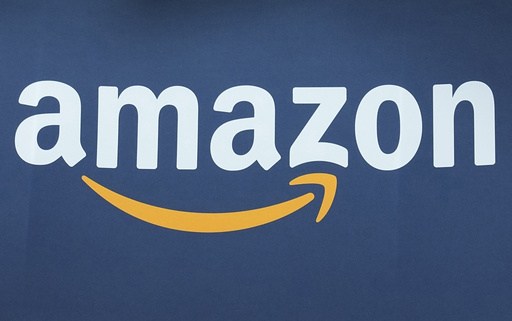A federal judge has granted the Federal Trade Commission (FTC) the green light to continue with its significant antitrust lawsuit against Amazon, marking a notable setback for the e-commerce giant. However, the judge also provided the company with a minor victory by dismissing certain claims presented by various states engaged in the case.
The ruling, made by Judge John H. Chun and revealed to the public recently, has been a long-awaited decision for the FTC, which has been working for an extended period to keep the lawsuit alive, despite Amazon’s efforts to have it dismissed. The trial is set to take place in October 2026.
In a statement following the court’s decision, FTC spokesperson Doug Farrar expressed satisfaction, stating, “We are pleased with the court’s decision and look forward to moving this case forward. The ways Amazon illegally maintains its monopolies and the harm they cause—including suppressed competition and higher prices for shoppers and sellers—will be on full display at trial.”
The lawsuit, initiated in September 2023, is a culmination of a thorough investigation that has spanned several years into Amazon’s business practices. This legal battle is among the most substantial challenges faced by the company in its nearly 30 years of operation. The FTC, joined by attorneys general from 18 states and Puerto Rico, is accusing Amazon of misusing its market power to drive up prices for consumers and sellers, hinder competition, and ultimately disrupt the digital marketplace.
Within the ruling, Judge Chun permitted many of the federal claims and several state claims to advance, while dismissing some allegations from New Jersey, Pennsylvania, Oklahoma, and Maryland pertaining to their own state antitrust and consumer protection laws.
In response to the ruling, Amazon has expressed confidence in its defense moving forward. Tim Doyle, representing the company, remarked that the judge’s initial decision requires the court to accept all allegations in the FTC’s complaint as true, which he asserts is not the case. He went on to emphasize that the agency’s assertions inaccurately suggest consumers only consider a handful of major websites when shopping for household goods.
“Moving forward, the FTC will have to prove its claims in court, and we’re confident those claims will not hold up when the FTC has to prove them with evidence,” Doyle stated. He further criticized the FTC’s approach, claiming it could complicate and increase costs for consumers shopping online.
In addition to the case against Amazon, the FTC is also pursuing legal action against Meta Platforms on accusations of monopolistic practices. Meanwhile, the Department of Justice has launched similar lawsuits against tech giants like Apple and Google, achieving some favorable outcomes. Notably, in August, a federal judge ruled against Google, stating that the company’s pervasive search engine exploits its dominance to suffocate competition and hinder innovation.
